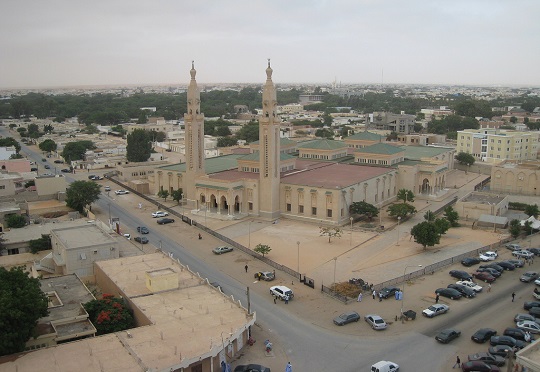Nigeria Customs Service has adopted the Oracle Blockchain Cloud Service which has recently just been introduced. The service enables organizations to easily build blockchain networks to allow more secure and efficient transactions and to track goods through supply chains.
“We used Oracle’s blockchain to build a trusted platform for the automation of Customs Excise Trade business processes and procedures,” said Aber T Benjamin, Assistant Comptroller General Modernization, Nigeria Customs Service. “Using this technology, we found the entire business environment can be migrated to blockchain to automate processes and create transparency and predictability. Once the transition to blockchain is completed, NCS expects revenue growth increase of about 50 percent. This technology helps our organization to build global trust for Nigerian businesses through irrefutable data on goods manufactured in the country.”
“Blockchain promises to be one of the most transformative technologies of our generation,” said Amit Zavery, executive vice president, Oracle Cloud Platform. “We are excited to announce the availability of Oracle Blockchain Cloud Service. It is the result of years of R&D alongside our valued partners and customers. With Oracle’s platform, enterprises can enhance their business, eliminate unnecessary processes, and transact with their distributed networks more easily, transparently and securely than ever before.”
Oracle’s blockchain platform is built on top of The Linux Foundation’s Hyperledger Fabric. It is pre-assembled with all the underlying infrastructure dependencies, container lifecycle management, event services, identity management, REST proxy, and a number of operations and monitoring tools integrated under a single console, expediting the set-up and application development process. Oracle Blockchain Cloud Service is an Oracle-managed cloud platform backed by a 99.95 percent availability SLA, with built-in high availability configuration, autonomous recovery agents, as well as continuous ledger backup capabilities that can enable multi-datacenter disaster recovery across availability domains.
“Blockchain projects are quickly moving from pilot to production as enterprises and governments begin to see the inherent value of distributed ledgers and smart contracts,” said Robert Parker, group vice president of manufacturing and retail insights, IDC. “As spending accelerates, buyers will need an enterprise class platform beyond open source that includes data security and integrity, scalability, manageability, and interoperability.”


